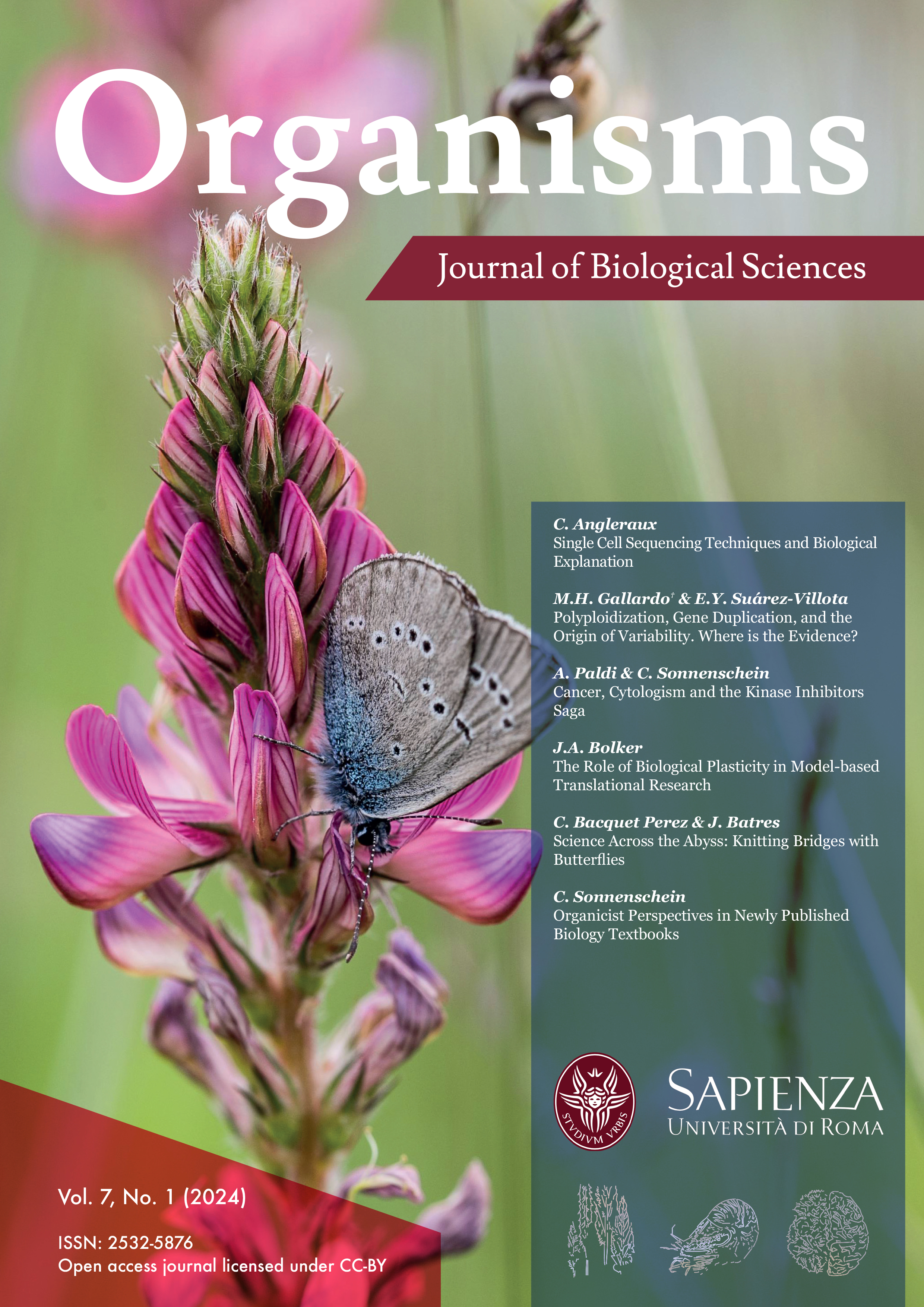The Role of Biological Plasticity in Model-based Translational Research
DOI:
https://doi.org/10.13133/2532-5876/18466Abstract
Reports of low replicability and translatability of biomedical research have called the value of animal models into question. The problems are real, but abandoning animal research is not the solution. Rather, improving the translatability of model-based research requires attention to relevant differences between humans and models, and to attributes of the models themselves that are essential to both robust science and effective translation. One is biological plasticity, the responsiveness of individual organisms to complex and variable environments. Though under-represented in model systems (for both historical and practical reasons), plasticity is central to human biology. While there are good reasons to minimize environmentally-induced variation in model-based research, doing so may undermine its translatability by eliding the kinds of external influences that are critical to human development, health, and disease. Accounting for plasticity can strengthen both the replicability and the translatability of model-based studies; this paper identifies strategies for doing so at each stage of the research process.
Downloads
Published
How to Cite
Issue
Section
License
Copyright (c) 2024 Jessica Bolker

This work is licensed under a Creative Commons Attribution 3.0 Unported License.
Copyright Agreement with Authors
Before publication, after the acceptance of the manuscript, authors have to sign a Publication Agreement with Organisms. The authors retain all rights to the original work without any restrictions.
License for Published Contents

You are free to copy, distribute and transmit the work, and to adapt the work. You must attribute the work in the manner specified by the author or licensor (but not in any way that suggests that they endorse you or your use of the work).





